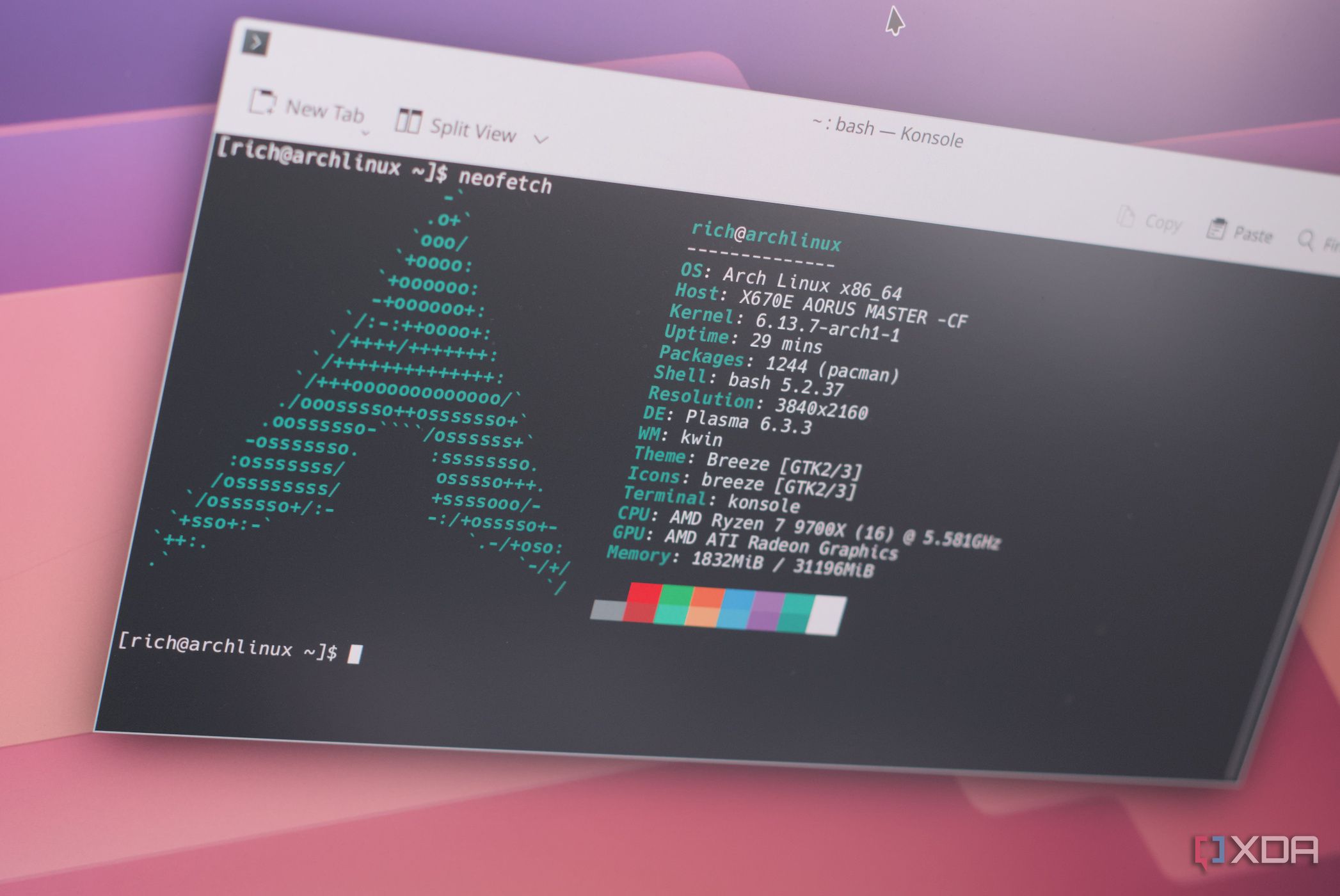URGENT UPDATE: The Linux operating system is at a pivotal moment, as experts emphasize the **need for improved app support** to compete with Windows. Recent discussions highlight that while Linux thrives on freedom and customization, it urgently lacks a centralized app ecosystem, which could deter potential users from switching.
Linux users, who once enjoyed a robust alternative to Windows, now face a significant barrier: the absence of widely used applications. Although **Linux boasts incredible hardware compatibility** and multiple desktop environments, the developer-friendly ecosystem that Windows offers remains elusive.
Recent reports show that **many developers find it challenging** to launch applications on Linux due to the lack of consistent APIs and distribution channels. Unlike Windows, which has a centralized storefront, Linux relies on multiple package managers such as **APT, Flatpak, and Snap**. These systems often require command-line interaction, which may deter less tech-savvy users.
In a striking contrast, Windows users can easily download and run executables without compatibility issues. This seamless experience has made Windows the preferred choice for many businesses and individuals, especially for those reliant on proprietary tools like **Adobe Creative Cloud** and **Microsoft Office**. The absence of these applications on Linux continues to pose a significant hurdle, as **companies remain hesitant to switch** to an operating system that lacks essential software.
Meanwhile, advancements in Linux gaming have surged, thanks to **Valve’s Proton technology**, which has transformed gaming experiences on the platform. While Proton has made strides, it’s still not enough to draw many game developers away from Windows, where most games are still primarily developed. The community-driven nature of Linux can lead to unpredictable experiences, particularly in gaming, as evidenced by various titles still unsupported by Proton.
Despite these challenges, the **Linux community is hopeful** for a shift. **More users are considering Linux**, as the demand for open-source software grows. However, the key to unlocking its full potential lies in attracting major developers to create essential applications for the platform.
As the landscape evolves, the Linux community is urged to rally for better support from developers and a focus on creating popular applications. The future of Linux depends not only on its **robust foundation and user experience** but also on its ability to provide essential apps that users need today.
The next steps for Linux involve bridging the gap between its freedom and the app availability that users expect. Should the community and larger developers collaborate, we could witness a **significant uptick in user adoption** and satisfaction.
As of now, the Linux ecosystem is at a crossroads, and the urgency to develop a more cohesive app support system is clearer than ever.
This is a developing story. Stay tuned for more updates on Linux’s journey to enhance its software offerings.
